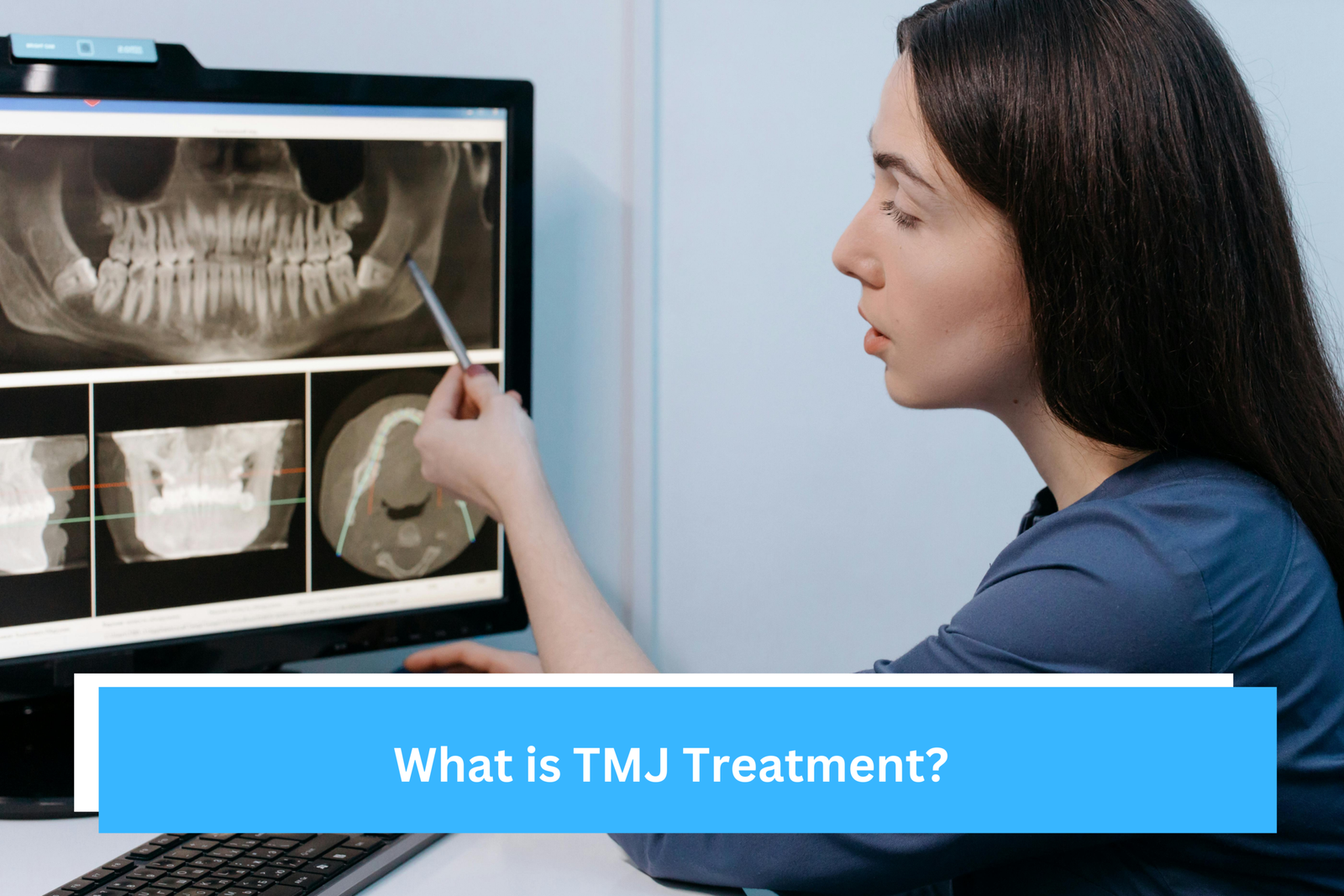Table of Contents
ToggleUnderstanding Heart-Related Back Pain
Heart-related back pain occurs when the heart muscle does not receive enough oxygen, often due to blocked or narrowed arteries. This can lead to a condition called angina or even a heart attack. Unlike typical muscular back pain, heart-related pain may present subtly, especially in women, older adults, and people with existing risk factors such as high blood pressure, diabetes, or a family history of heart disease.
Back pain is more likely to be heart-related if it’s accompanied by chest discomfort, shortness of breath, nausea, lightheadedness, or is severe, persistent, and radiates from the chest to the back. Unlike a pulled muscle, heart-related back pain is often not relieved by rest and may not worsen with movement. Women, older adults, and people with risk factors like high blood pressure or diabetes are particularly susceptible to heart-related back pain, which may occur without typical chest pain.
Signs Your Back Pain Might Be Heart-Related
Knowing the warning signs is essential. Heart-related back pain often differs from regular backaches caused by muscle strain. Here are the key indicators:
1. Location and Radiation
Heart-related pain frequently starts in the chest and spreads to other areas, including the upper back, shoulders, arms, neck, or jaw. Unlike localized muscular pain, this pain is more diffuse and can move from one area to another.
2. Pain Characteristics
This type of pain is often described as a pressure, squeezing, or cramping sensation. It may come and go but can also be persistent and severe. Unlike typical muscle pain, it is not usually sharp or stabbing.
3. Accompanying Symptoms
Heart-related back pain rarely occurs in isolation. Watch for additional signs such as:
Shortness of breath
Nausea or lightheadedness
Cold sweats
Unusual fatigue or weakness
4. Context of Pain
Heart-related back pain can occur during physical exertion or even at rest. The pain may not improve with rest or simple pain relief measures like stretching or massage, which typically help muscular pain.
How Heart-Related Pain Differs from Muscular Back Pain
Understanding the difference between heart-related and muscular back pain can help you determine when to seek urgent medical care:
Muscular Pain: Typically sharp, localized, and worsens with specific movements or pressure on the affected area. It often improves with rest, heat, or stretching.
Heart-Related Pain: Often less specific and may involve multiple areas. It is not relieved by rest or common pain management techniques and may appear alongside other cardiovascular symptoms.
Risk Factors for Heart-Related Back Pain
Certain individuals are more prone to experiencing back pain due to heart issues. Risk factors include:
High blood pressure
Diabetes
High cholesterol
Obesity
Smoking
Sedentary lifestyle
Family history of heart disease
Older age
Women, in particular, may experience heart-related back pain differently than men, often with less obvious chest discomfort and more unusual symptoms like fatigue, nausea, or discomfort in the upper back.
Common Situations Triggering Heart-Related Back Pain
Heart-related back pain may appear under specific circumstances:
During physical exertion, such as climbing stairs or exercising
After emotional stress
Even while at rest, especially in severe cases of heart disease
When to Seek Immediate Medical Attention
If you experience back pain along with any of the accompanying symptoms, seek immediate medical attention by calling emergency services. Do not delay getting help, as heart-related back pain can be a sign of a heart attack or another serious cardiovascular issue. Time is critical in preventing heart damage, and early intervention can significantly improve outcomes.
Emergency Warning Signs Include:
Severe chest pain or pressure spreading to the back, neck, or jaw
Shortness of breath or difficulty breathing
Profuse sweating
Nausea or vomiting
Dizziness, lightheadedness, or fainting
Even if chest pain is mild or absent, these symptoms alongside unexplained upper back pain should be treated as an emergency.
Diagnostic Tests for Heart-Related Back Pain
If you suspect that your back pain might be heart-related, a doctor may recommend several tests, including:
Electrocardiogram (ECG): Measures the heart’s electrical activity.
Blood tests: Check for markers of heart damage like troponin.
Echocardiogram: Ultrasound to examine heart function and structure.
Stress tests: Evaluate heart function during physical activity.
Coronary angiography: Imaging to detect blocked arteries.
Early detection of heart-related problems can prevent more serious complications and guide timely treatment.
Prevention and Lifestyle Tips
While not all heart-related back pain can be prevented, maintaining heart health can reduce the risk:
Exercise regularly: Engage in moderate aerobic activity at least 150 minutes per week.
Eat a heart-healthy diet: Include fruits, vegetables, whole grains, lean proteins, and healthy fats.
Manage stress: Practice relaxation techniques such as meditation, yoga, or deep breathing.
Avoid smoking and limit alcohol: Both are major contributors to heart disease.
Monitor blood pressure and cholesterol: Regular check-ups can catch problems early.
Conclusion
Back pain can sometimes be more than just a muscular issue — it can signal a serious heart condition. Back pain that radiates from the chest, is accompanied by other symptoms like shortness of breath or nausea, and does not improve with rest should never be ignored. Recognizing the signs of heart-related back pain and seeking prompt medical attention can be life-saving.
Remember, if you are in doubt, it is always safer to consult a healthcare professional. Your heart health is too important to take risks. By understanding the warning signs, differentiating between muscular and heart-related pain, and acting quickly, you can protect yourself from potentially life-threatening complications.



